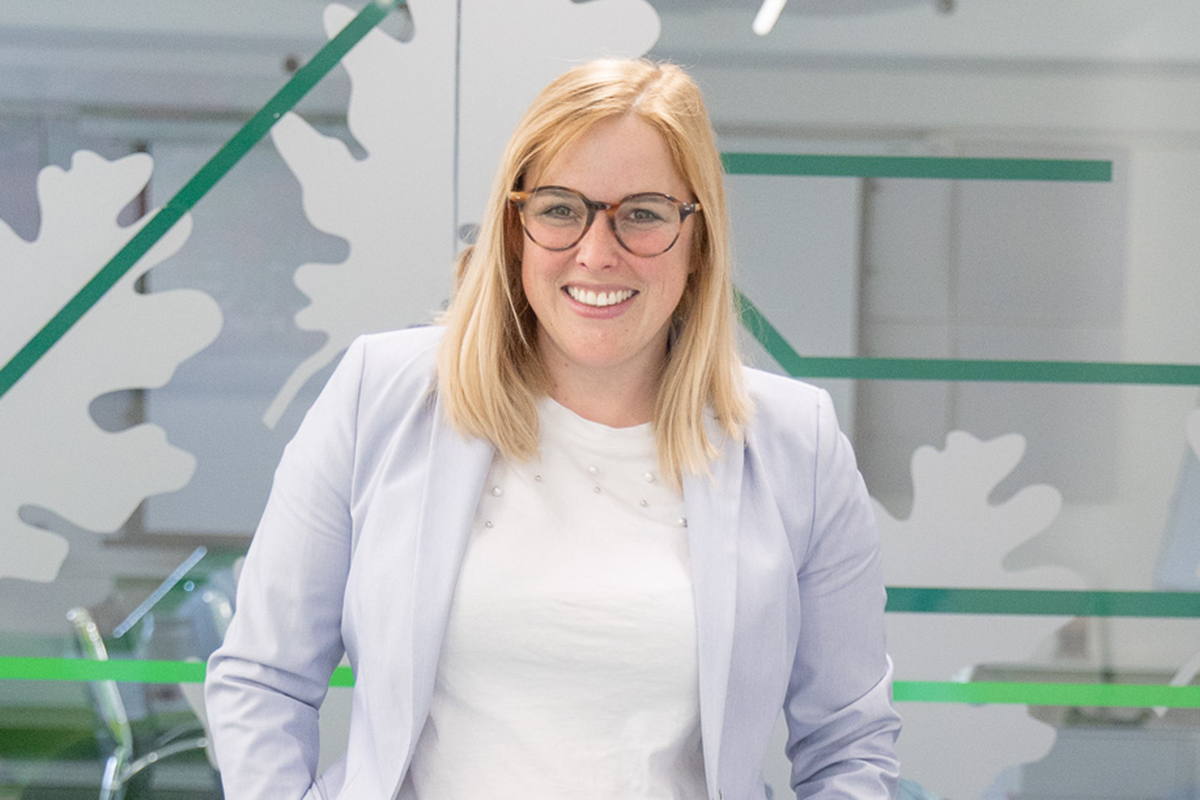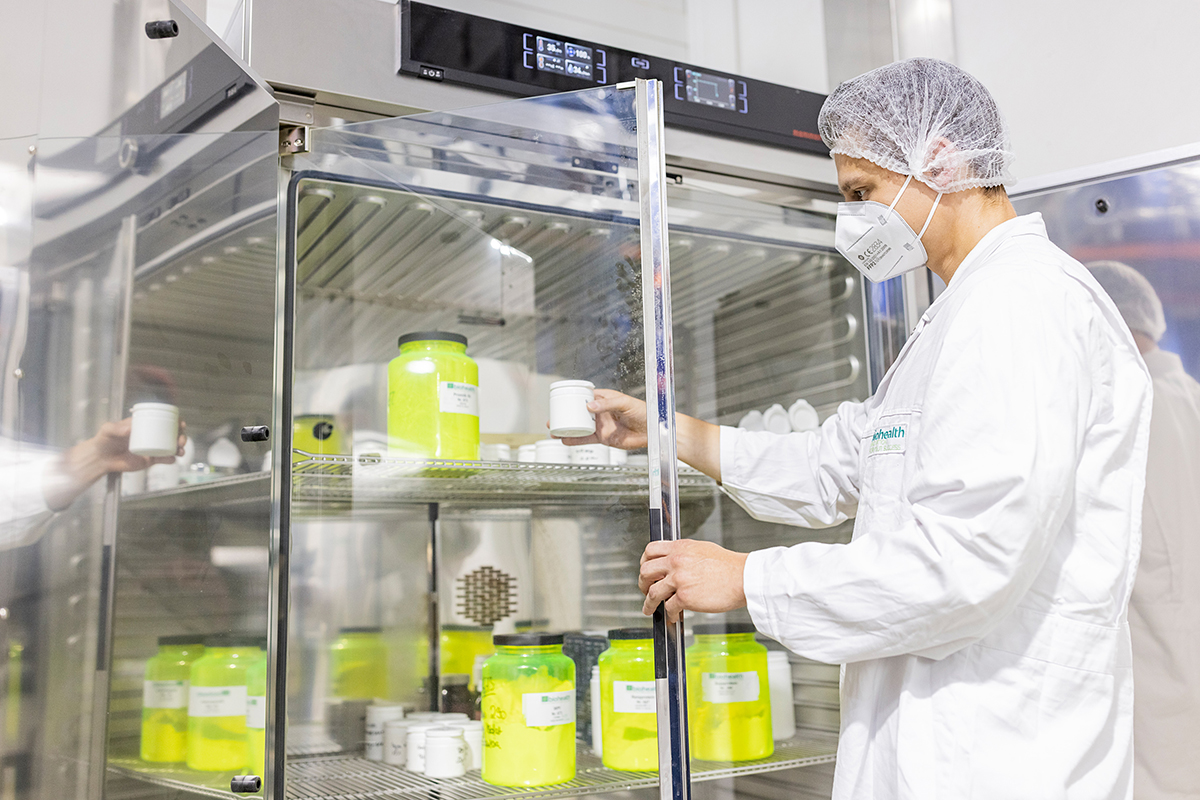

BHI Biohealth International GmbH pursues a holistic process approach that combines economic development, food safety and ecological, economic and social responsibility. Sustainability is an integral part of our corporate strategy and is consistently implemented in all areas.
We take responsibility for people and the environment and fulfill our due diligence obligations along the entire supply chain. Respect, fairness and transparency characterize our corporate culture and form the basis for trusting cooperation.
As a reliable partner, we support our customers with sustainable solutions and secure stable jobs in the long term. Our strategic goals are regularly reviewed, concretized through measurable milestones and implemented through operational measures.
In this way, we ensure that economic success, responsible action and sustainable growth are in harmony.
Sustainability with a system
Fields of action clearly defined and measurable
We take a holistic view of our company's areas of activity in terms of social, economic, and environmental dimensions. These priorities are regularly updated, evaluated in terms of their relevance, and continuously developed. We use a dual materiality analysis for orientation and prioritization, which is in line with the Corporate Social Responsibility Directive.
We systematically incorporate the perspectives of our most important stakeholders—including shareholders, employees, customers, suppliers, regional institutions, society, banks, and insurance companies—into our analyses. In this way, we ensure that our sustainability strategy not only meets regulatory requirements but also reflects the expectations and needs of our stakeholders.

Responsibility for people
For us, sustainability also means responsibility towards the people who shape our company. Under the social dimension, we summarize topics such as equal rights, inclusion, training, occupational health and safety. Our aim is to create a fair, safe and equal-opportunity working environment in which diversity is valued and encouraged.

A balanced gender distribution is an essential part of sustainable corporate management for us. We create a working environment that offers all employees equal development opportunities, fair pay, and participation in decision-making processes. Gender balance not only contributes to social justice, but has also been proven to strengthen our company's innovative power, problem-solving abilities, and resilience.
We have already achieved a gender distribution of 50% women and 50% men in the first and second management levels.
This sends a clear signal for equality in our management culture.
Measures such as transparent career paths, flexible working models, and a discrimination-free environment are key levers for further anchoring this goal. Equality is a fundamental human right: no one should be disadvantaged or favored because of their gender—whether in terms of salary, career opportunities, or participation in decision-making. We consistently live this principle at Biohealth.
Inclusion is an integral part of our corporate culture and HR strategy. Our aim is to create a working environment that enables all people - regardless of physical or mental limitations, age, origin, gender or social background - to participate on an equal footing.
We currently employ 19 people with physical disabilities or equal opportunities, which corresponds to 8.56% of the total workforce. This puts us above the legal minimum (Section 154 SGB IX), and we consciously focus on integrating these employees in all areas of the company.
We support individual support and integration measures in cooperation with specialist integration services and social agencies.
The average age of the workforce is 41.44 years. This corresponds to a healthy age structure with a good balance between young talent and experienced specialists. This ensures the innovative strength of our company as well as continuity and the transfer of knowledge.
In the reporting year, we employed a total of five trainees, two of them in the industrial sector and three in the commercial sector. Even though this figure is currently comparatively low, we see in-company training as an important part of a sustainable HR strategy. Particularly in times of a shortage of skilled workers, we are focusing on expanding our training activities in order to retain expertise within the company in the long term and offer young people career prospects. The aim is to significantly increase the proportion of trainees over the coming years and thus further strengthen our contribution to social sustainability.
Training at Biohealth also means personal development. As a company, we would like to actively support projects that promote the democratic and social education of young people as part of our social responsibility. Be it a visit to an exhibition on migration or a workshop on the topic of fake news on the internet.
Our Safety Culture Score rewards safe working practices: Every team in production, cleaning, logistics and technology that works without any reportable accidents or safety-related incidents over the course of a quarter receives a bonus per team member.
We continuously invest in preventative measures, high-quality protective equipment, safety training and ergonomic workstations.
Our aim is to significantly reduce the accident rate through targeted prevention, continuous employee training and regular risk assessments.
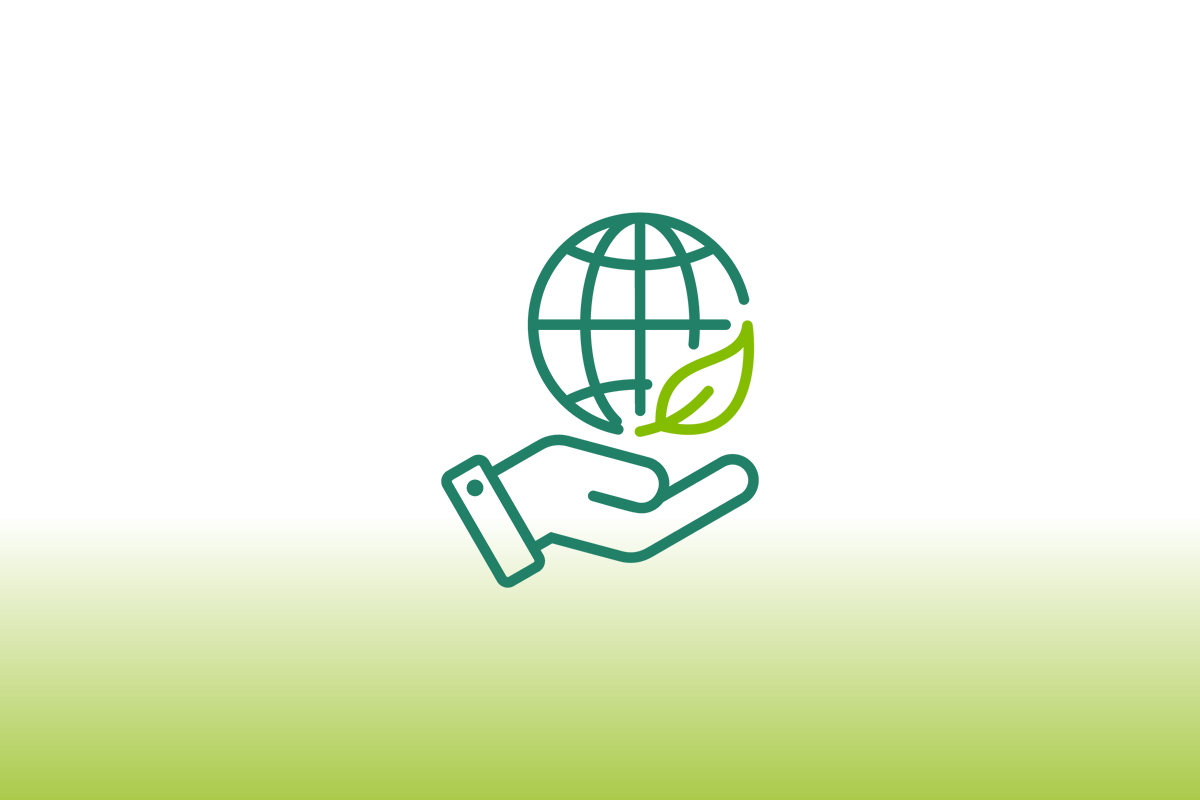
Responsibility for our environment
At Biohealth, ecological sustainability stands for the conscious use of natural resources and the protection of our environment. We set clear priorities with measures for climate protection, land management and sustainable mobility. In this way, we reduce emissions, strengthen biodiversity and make our contribution to a future worth living.

In the interests of climate neutrality, we have set ourselves the goal of gradually decarbonizing our vehicle fleet. 36.7% of our vehicles already have alternative drive systems. These include 9 hybrid vehicles and 2 fully electric vehicles, which significantly reduce fuel consumption and CO₂ emissions.
To support this development, we have installed 6 e-charging stations at our site to facilitate the operation of electric and hybrid vehicles. These are also accessible for private cars and can be used by our employees.
The continuous expansion of the proportion of low-emission vehicles is an integral part of our sustainability goals. In this way, we are not only making an important contribution to climate protection, but also shaping a sustainable and resource-saving fleet operation.
With the installation of our new photovoltaic system, we are setting an example for climate protection – and investing around €500,000 in a sustainable power supply.
We commissioned the first part of our PV system in July, which will enable us to generate 300,000 kWh of electricity. With the next expansion stage, we will be able to generate around 900,000 kWh annually, which is approximately 65-70%. This not only significantly reduces our ecological footprint, but also makes us less dependent on conventional energy sources and fluctuating energy prices. Our energy supply is therefore not only sustainable, but also crisis-proof.
In addition to photovoltaics, we rely on natural CO₂ compensation: for every order item delivered, we plant a climate-adapted tree or bush in the region – in the Frankenwald and the Fichtelgebirge.
These trees offset around 47.1 tons of CO₂ annually – which already corresponds to over 8% of our current electricity consumption. After five years, this creates a living climate protection forest, where we also pay attention to biodiversity and thus not only compensate for 40% of our current electricity needs, but also create and preserve habitats for insects and forest animals. In combination with our photovoltaic system, this brings us significantly closer to our goal of virtually CO₂-neutral production.
Responsible use of our operating areas is a central component of our commitment to climate and environmental protection. The degree of surface sealing at our site is currently around 68% - a comparatively low figure for an industrial company. When expanding and building new facilities, we consistently ensure that we use as little land as possible. Wherever possible, we create new green spaces to compensate for sealed areas and plant trees. We also pay attention to permeable soils on our company premises through which rainwater can run off, thereby reducing the burden on drainage systems and promoting groundwater recharge .
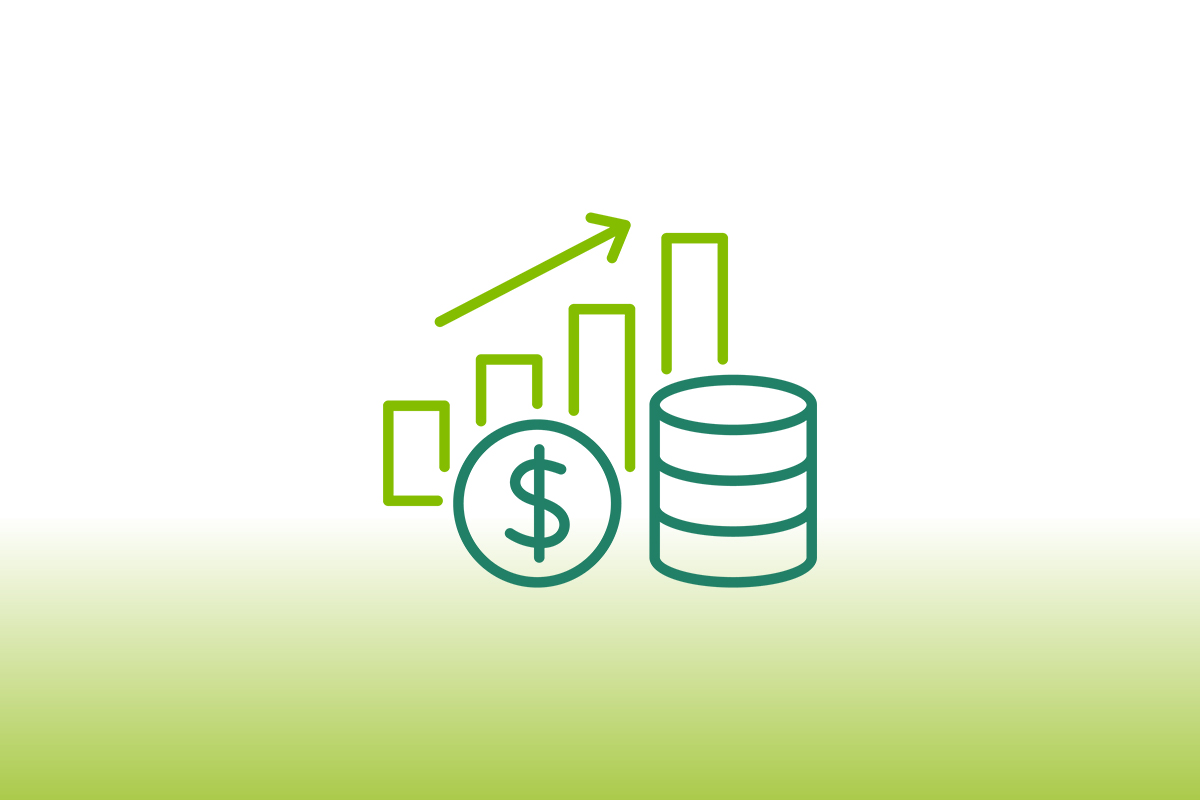
Responsible management
Sustainability is also reflected in the way we do business. The economic dimension encompasses our investment strategy, the responsible use of financial resources and our focus on long-term growth. We rely on innovation, digitalization and regional value creation to ensure the stability and future viability of our company.
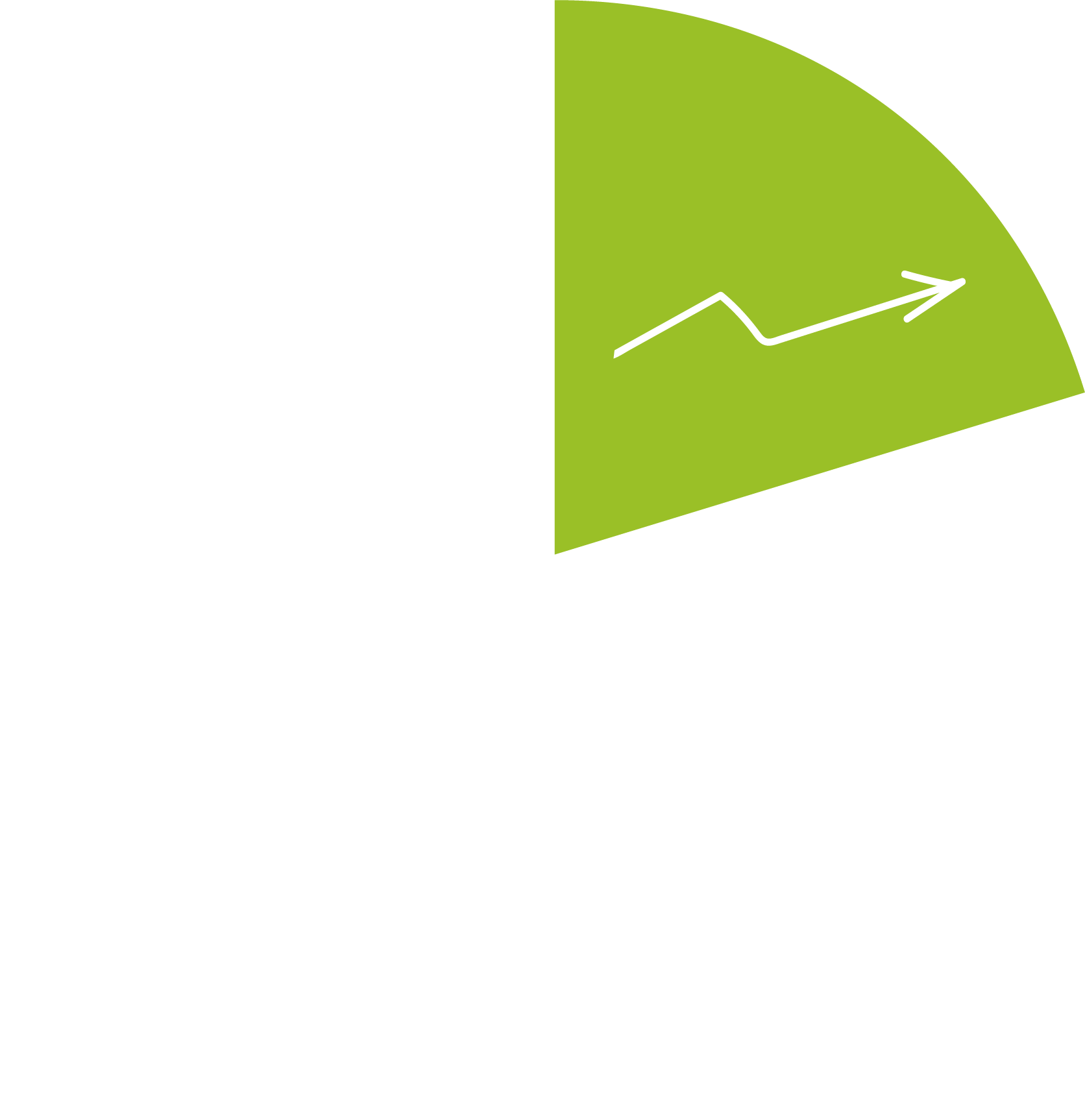
With an investment ratio of 20.54%, BHI Biohealth International underscores its clear commitment to responsible corporate development and sustainable growth. With the laying of the foundation stone for our extension with social rooms and changing rooms, we are investing around two million euros in modern infrastructure. As one of the largest companies in Münchberg, we are committed to our responsibility and contribute to regional value creation with our jobs. In order to grow sustainably, a significant portion of our investments goes toward the digitalization of our processes, increasing energy efficiency, and future-oriented production methods.
In doing so, we are not only laying the foundation for modern and resource-efficient production, but also ensuring the long-term stability of our company.
Our investment strategy is a key lever for driving innovation, competitiveness, and sustainability goals in equal measure.
Sustainability along the value chain
For us, sustainability does not end at the factory gates - it begins with the selection of our raw materials and extends to the finished product at the customer's premises. We take responsibility along the entire value chain and ensure that ecological, social and economic criteria are consistently taken into account.
This includes compliance with legal framework conditions such as the Supply Chain Duty of Care Act or the Packaging Directive, as well as our own standards that go beyond these. We work closely with our suppliers and pay attention to transparent origins, fair working conditions and sustainable packaging solutions.
In this way, we ensure that every product that leaves our company not only meets the highest quality and safety standards, but is also created in harmony with people, the environment and society.


